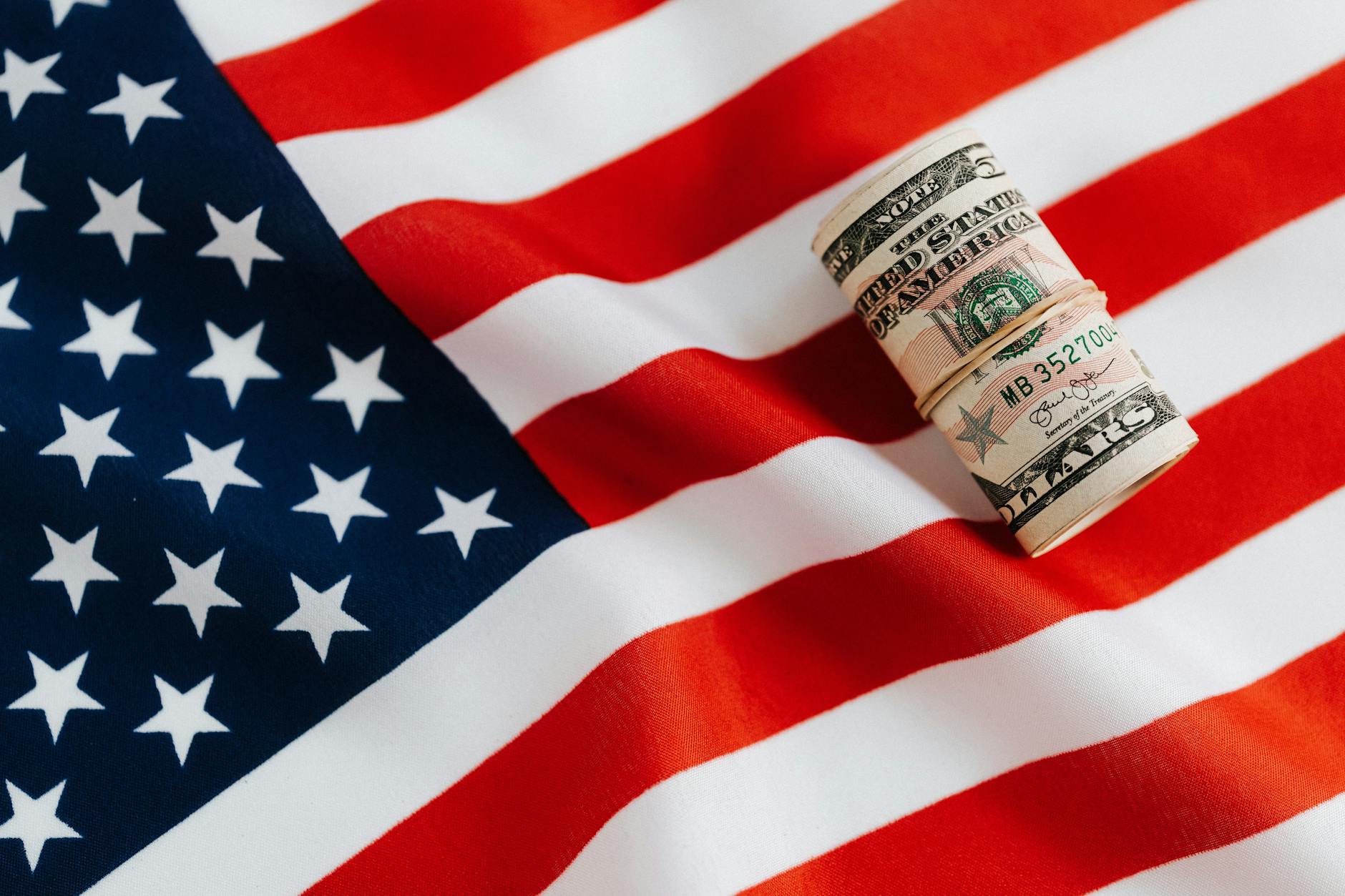What Disqualifies You from Getting an SBA Loan
Small Business Administration (SBA) loans are a valuable resource for entrepreneurs looking to finance their business ventures. With competitive terms and government backing, these loans can be a lifeline for businesses that meet the eligibility requirements. However, not all applicants qualify. There are several factors that can disqualify you from securing an SBA loan, and understanding them ahead of time can save you both time and effort. Here are some common disqualifiers:
1. Poor Personal or Business Credit History
One of the biggest factors that can disqualify you from receiving an SBA loan is poor credit. Both your personal and business credit scores play a significant role in the application process. Typically, SBA lenders prefer to see a minimum personal credit score of around 650, although some may require higher. If you’ve experienced a bankruptcy, foreclosure, or have significant unpaid debts, it can raise red flags for lenders.
A strong credit history is an indicator that you are financially responsible, and it assures lenders that you will repay the loan on time. Businesses or individuals with poor credit may struggle to qualify unless they take steps to improve their credit standing before applying.
2. Ineligibility Due to Industry
The type of business you run can also disqualify you from getting an SBA loan. The SBA restricts loans to certain industries, including those involved in illegal activities, gambling, and speculative ventures. Other industries, like multi-level marketing and pyramid schemes, are also typically excluded.
Additionally, if your business is engaged in lending, life insurance, or any activity of a sexual nature, it may not be eligible for an SBA loan. It’s essential to check the SBA’s list of restricted industries before applying to ensure your business qualifies.
3. Lack of Repayment Ability
SBA loans are designed for businesses that have the ability to repay. Lenders will thoroughly examine your financials to ensure you have sufficient cash flow to cover loan payments. If your business is struggling with debt or doesn’t generate enough revenue, it may be difficult to prove your ability to repay the loan.
SBA lenders often evaluate your debt-to-income ratio to determine your financial health. If your business is over-leveraged or doesn’t have a history of steady income, it can hurt your chances of loan approval. You’ll need to show a solid repayment plan that demonstrates your capacity to manage both the loan and your existing obligations.
4. Non-U.S. Citizenship
While SBA loans are open to a wide range of businesses, they are reserved for U.S. citizens or lawful permanent residents. If you are not a U.S. citizen or do not have the proper legal status, you could be disqualified. Business owners with foreign ownership may also face hurdles unless they have an established U.S. entity and meet specific requirements.
It’s crucial to verify your eligibility based on your residency or citizenship status before applying for an SBA loan, as this is a non-negotiable criterion for loan approval.
5. Past Criminal History
Having a criminal record doesn’t automatically disqualify you from receiving an SBA loan, but certain offenses can. Lenders are less likely to approve loans for individuals with convictions related to financial fraud, embezzlement, or crimes involving dishonesty.
If you have a criminal history, the SBA requires you to disclose it during the application process. In some cases, a past offense might not be a deal-breaker, but transparency is essential. Some applicants may be asked to submit additional documentation or evidence of rehabilitation to support their application.
6. Non-Compliance with SBA Guidelines
Failure to comply with specific SBA guidelines is another major disqualifier. For instance, if you have outstanding federal debts, such as tax liens or defaulted student loans, you may be disqualified from receiving an SBA loan. It’s essential to ensure all of your financial obligations are current and in good standing.
Additionally, incomplete or incorrect documentation during the loan application process can cause delays or outright denials. Lenders will require a variety of financial records, business plans, and legal documents to assess your eligibility. If you fail to provide the necessary paperwork or don’t meet the SBA’s standards, your application could be rejected.
7. Business is Too New or Not Established
While startups can qualify for SBA loans, newer businesses often face more scrutiny. Lenders prefer to work with businesses that have a proven track record of generating revenue. If your business has been operating for a short period or lacks the necessary financial documentation, it may be difficult to get approved.
Most SBA loans require businesses to be operational for at least two years. If your business is younger than that, you might need to provide a detailed business plan, financial forecasts, and a strong case for why your business will succeed. Otherwise, you risk being disqualified due to lack of business history.
Conclusion
SBA loans offer a fantastic opportunity for small businesses to access the funding they need. However, several factors can disqualify applicants from getting approved, ranging from poor credit and lack of financial strength to operating in a restricted industry or failing to meet legal requirements. By understanding these disqualifiers ahead of time, you can take steps to improve your eligibility and increase your chances of securing an SBA loan.
If you’re unsure about your qualifications, it’s wise to consult with a financial advisor or SBA-approved lender before starting the application process. By addressing any potential red flags in advance, you’ll be better positioned to obtain the funding your business needs to grow.

